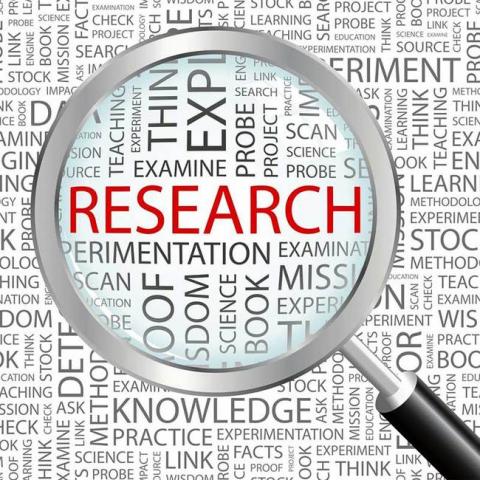Ways Of Self-Awareness And Professional Self-Development Of Future Educators
Keywords:
Self-awareness, professional development, pedagogical activity, reflection, self-assessment, personal growth, professional competence, psychological training, innovative methods, pedagogical skills, educational process, professional change, personal skills, teaching methods, professional mastery, self-improvement, professional growth, quality of education.Abstract
This article analyzes the processes of self-awareness and professional self-development among future educators. Self-awareness is considered a key factor in both personal and professional growth within pedagogical activity. The study highlights modern methods of professional development through self-assessment, reflection, and mentoring. Additionally, the importance of psychological training and innovative pedagogical approaches in enhancing personal skills and professional competencies of educators is emphasized
References
ewey, J. (1933). How We Think: A Restatement of the Relation of Reflective Thinking to the Educative Process. Boston: D.C. Heath.
Schön, D. A. (1983). The Reflective Practitioner: How Professionals Think in Action. New York: Basic Books.
Kolb, D. A. (1984). Experiential Learning: Experience as the Source of Learning and Development. Englewood Cliffs, NJ: Prentice Hall.
Omanova, N. Sh. (2023). Methods for Developing Reflective Abilities in Future Educators. Scientific Journal of Navoi State University, 5(2), 45–53.
Karimova, S. (2021). Teachers’ Self-Assessment and Development of Professional Competencies. Tashkent: Uzbekistan Pedagogical University Publishing House.
Hakkarainen, P. (2019). Reflective practices in Finnish teacher education. European Journal of Teacher Education, 42(4), 473-487.
Loughran, J. (2002). Effective Reflective Practice: In Search of Meaning in Learning about Teaching. Journal of Teacher Education, 53(1), 33-43.





